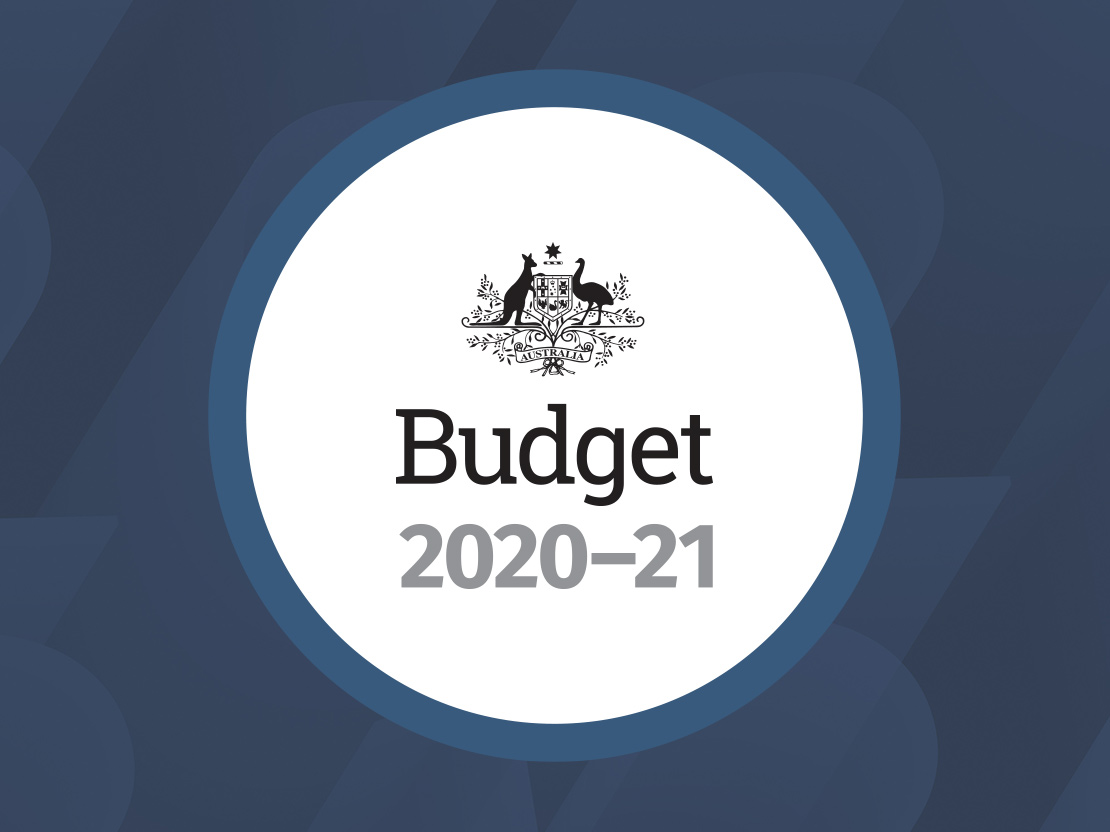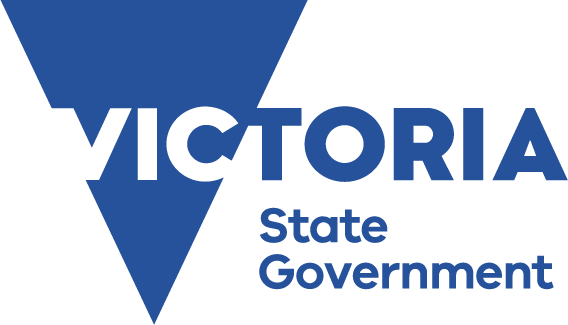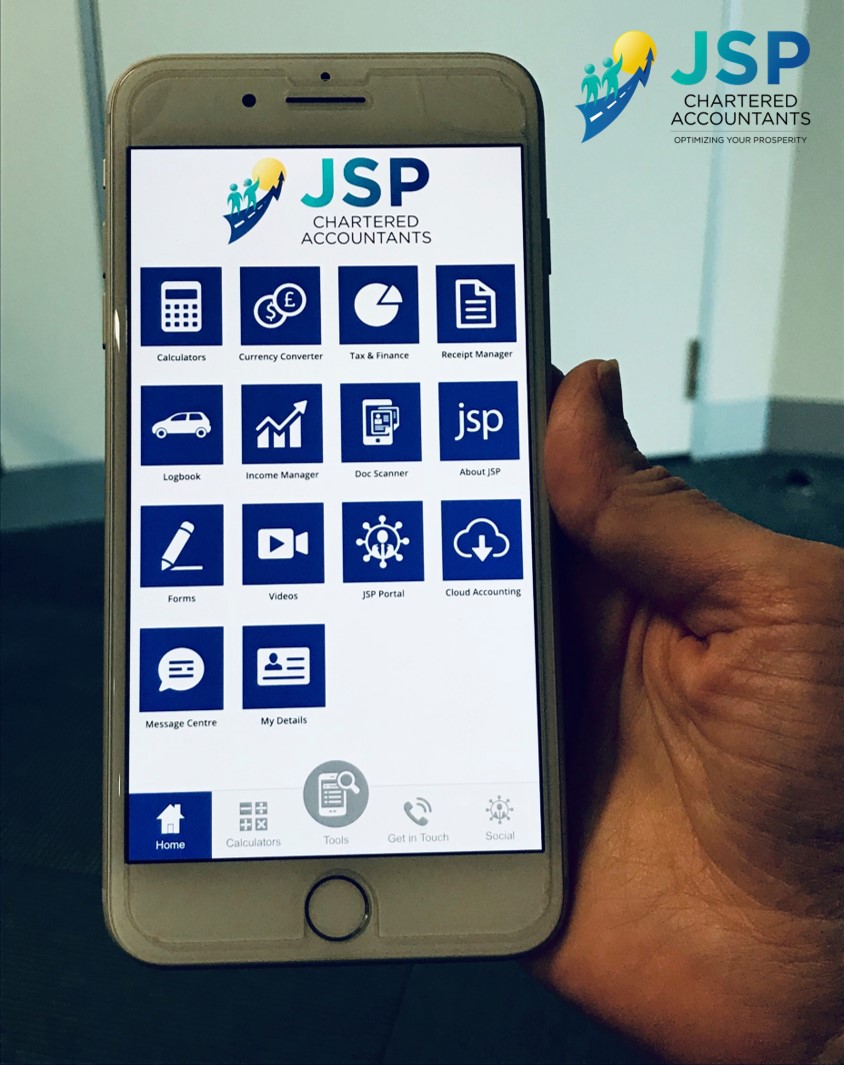 Essential Tasks at End of Financial Year (EOFY)
Essential Tasks at End of Financial Year (EOFY)
End of the financial year is an important and busy time for small business owners, completing bookkeeping, tax returns and begin planning for the new financial year. Putting the hard work in each financial year can help you get your business organised and work smarter in the year ahead.
Here are some essential tasks for your end of financial (EOFY) year to-do list.
Record keeping and compliance
Some of your yearly responsibilities as a small business owner may include:
- Summarising income and expenses in a profit and loss statement.
- Conducting a stocktake.
- Summarising your record of debtors and creditors.
- Collating records of asset purchases or expenditure on improvements to assets to calculate depreciation expense claims and for capital gains tax purposes.
- Completing and lodge your income tax returns.
- Lodging yearly reports or returns for PAYG withholding, fringe benefits tax (FBT), Goods and Services Tax (GST), and the taxable payments reporting system.
- Meeting SuperStream requirements.
If you are unsure about your obligations, don’t hesitate to contact us.
Find out what tax deductions you can claim
Be sure to do your homework and know exactly what tax deductions you can claim. You may be able to claim deductions if your business:
- has set up a website
- has motor vehicle expenses
- uses diesel fuel
- is based at home
- has travel expenses
- uses machinery, tools or computers.
Keep up to date with tax changes starting next financial year
There may be tax changes each year that you need to be aware of. These might include changes in tax breaks and deductions for small business.
Be wary of tax refund scams
There are a number of scams that target small business around tax time. Common tax time scams include:
- Tax refund scams where the scammer will claim you have overpaid your taxes and are entitled to a refund. However, in order for you to receive this refund, they will claim that you need to pay a fee for administration or transfer costs.
- Tax owed scams where the scammer will claim that you’ve underpaid your tax and will need to repay the amount you owe immediately. In order to make this payment, they may request your credit card or debit card details, or ask you to send money through a money transfer.
Review your finances
Sit down with us and review your finances.
Look at whether you met your targets last financial year and what you can do differently next financial year.
Set performance targets for the year to help you stay on track. Create a cash flow forecast to manage any potential shortfalls and ensure you can still pay your staff and suppliers.
Review and update your business and marketing plans
Take time to set yourself up for the year ahead. Regularly reviewing and updating your plans will help you to:
- remind yourself of your goals and priorities
- assess whether your strategies are working
- adapt to any new changes in your environment
- make the most of new opportunities as they come your way
- prioritise and maximise your effort (work smarter, not harder!).
Review your business structure
As your business grows and expands, you may decide to change your business structure, or to restructure your business. There are different compliance and taxation regulations depending on your business structure.
Review your insurances
Check that you have the right insurances in place for your business. If your circumstances have changed, you may need to update your level of cover.
Read the product disclosure statements (PDS) for your insurance policies carefully – don’t assume you’re covered. Look up the definition of certain terms such as floods as they may vary among insurers.
Backup and secure your files
Backup and store your registration, financial and customer data, and other important business documents in a secure off-site location. This can help ensure your business can stay up and running during unexpected events, such as natural disasters.
Source: www.business.gov.au






